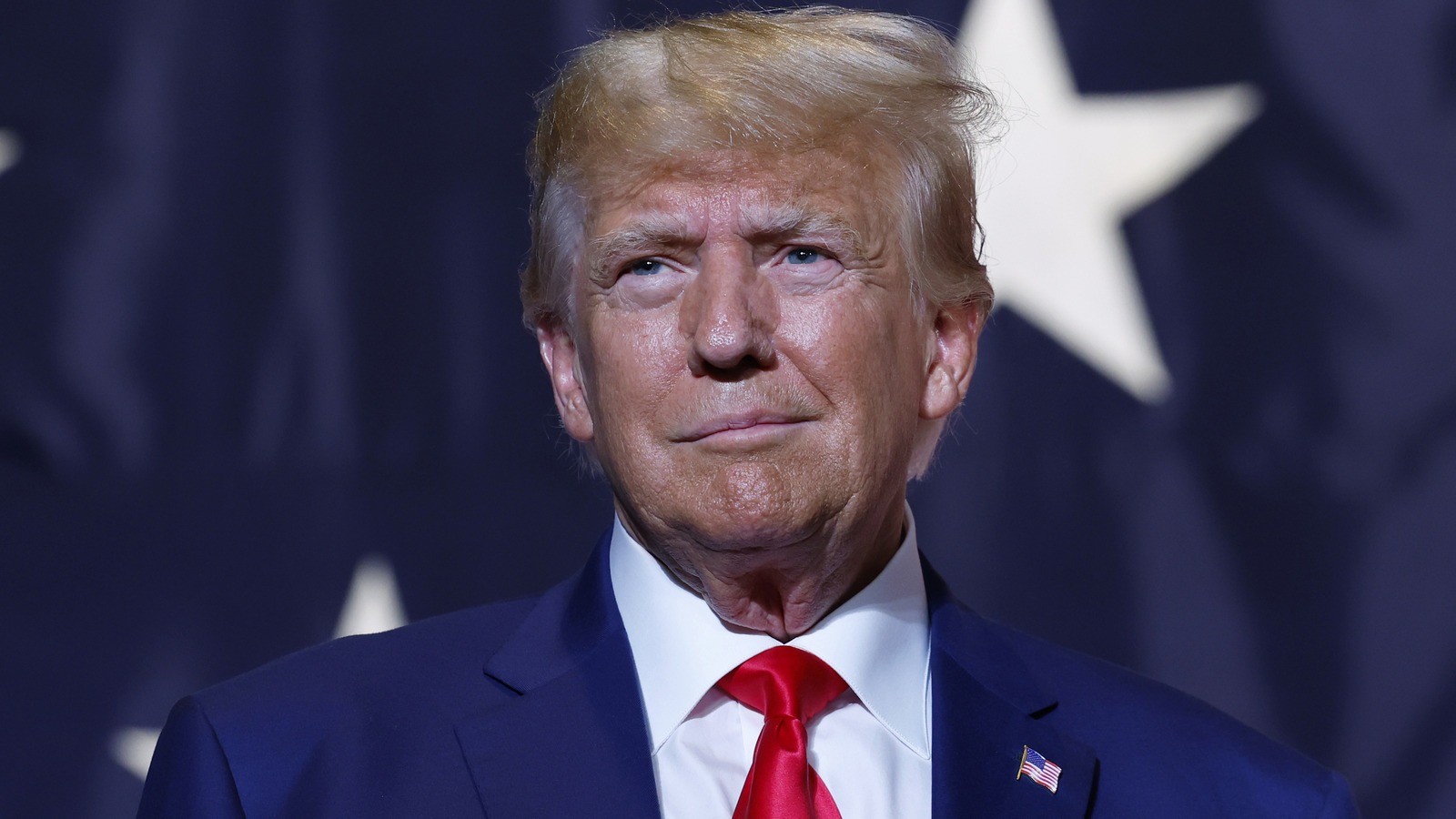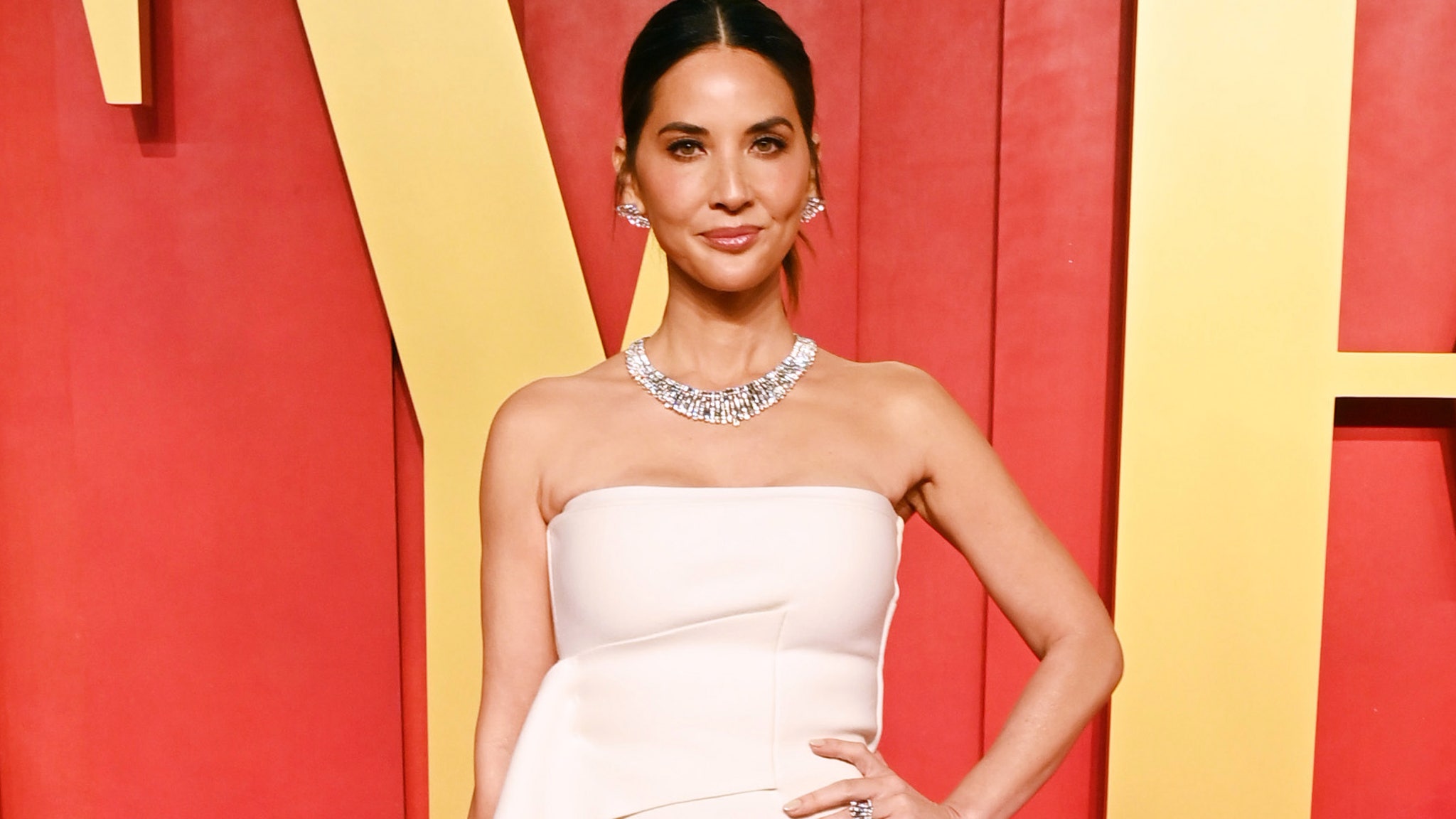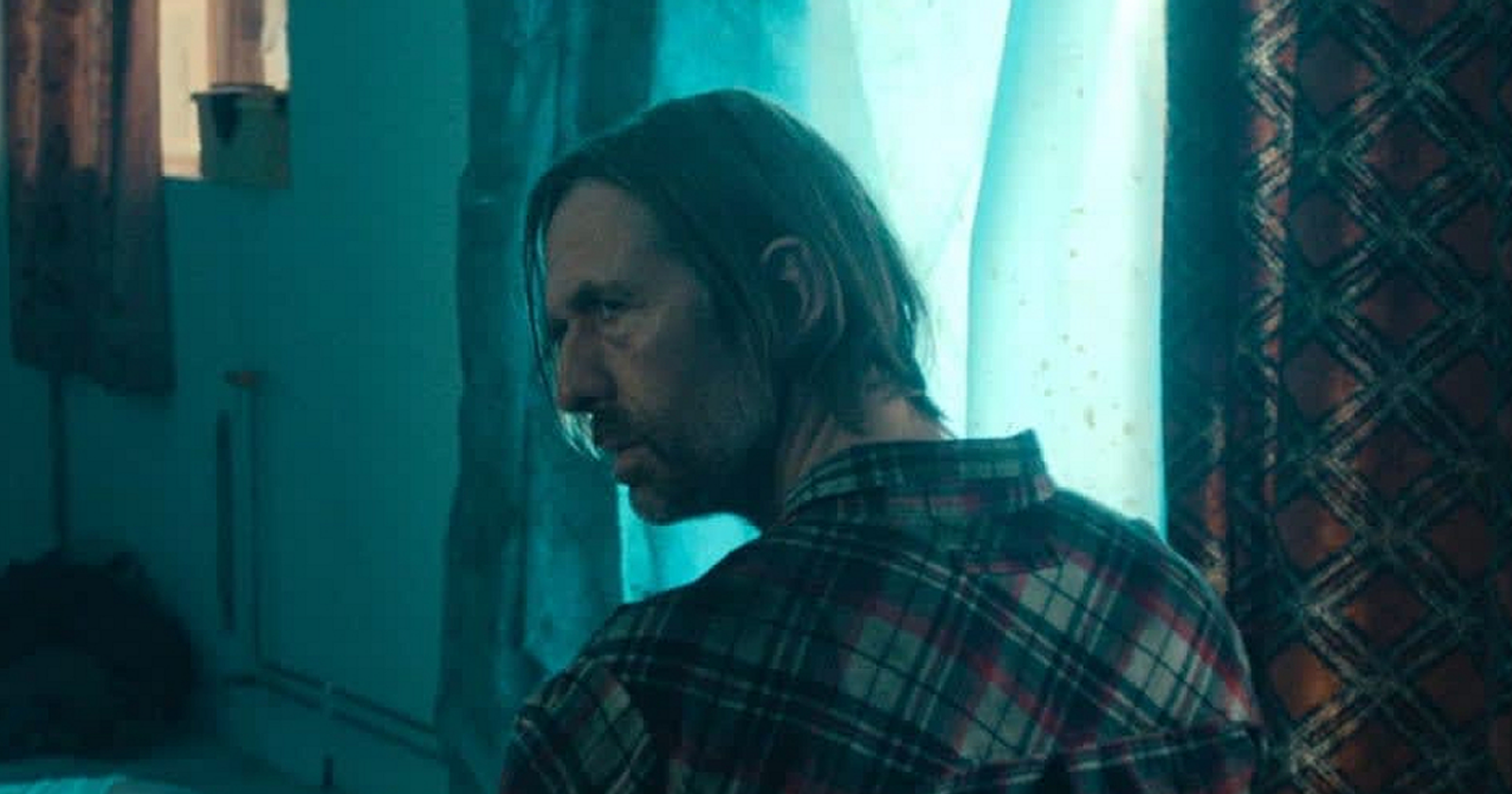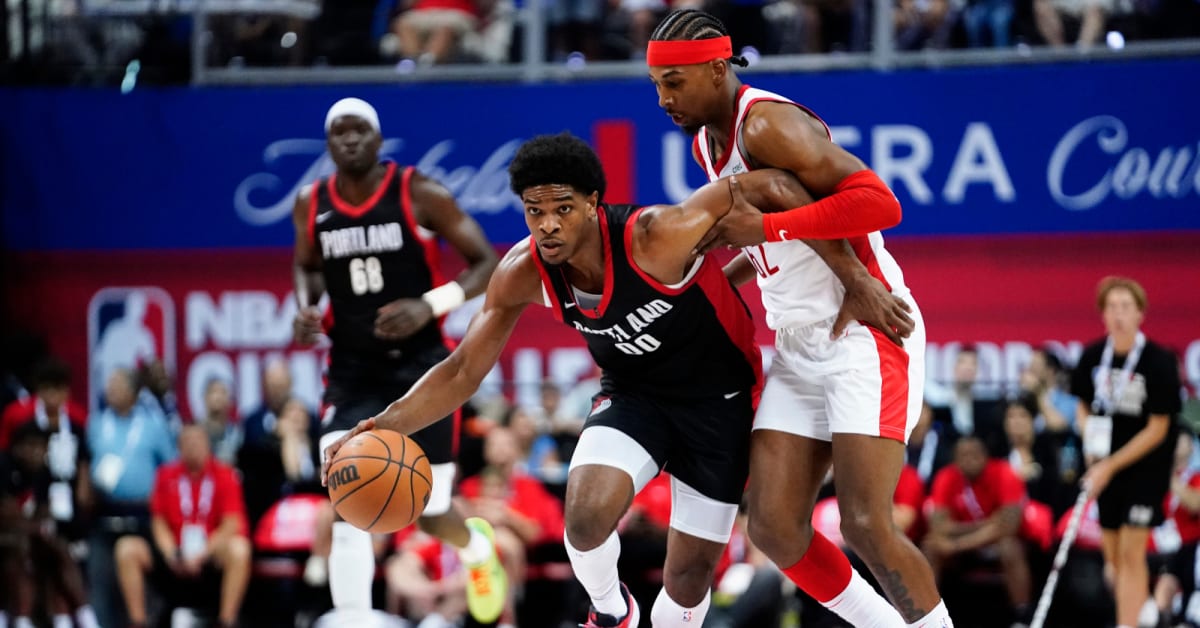
House of the Dragon Letter Reviews: Episode 2
Shane Ryan and Josh Jackson review Game of Thrones each week in a series of letters.
Shane,
Like its predecessor, House of the Dragon is determined to show us the worst of humanity, the realities that await a weak king with enemies at the ready. At the beginning of “The Rogue Prince,” that comes in the form of men being fed alive to an army of crabs. Six months have passed between episodes, and pirates funded by the Free Cities—who make the Ironborn look like a rowdy frat party—have begun raiding Westerosi shipping lanes. It’s yet another way the reign of King Viserys is on the rocks.
A solution is within reach, but it involves a marriage to a 12-year-old girl, the daughter of Lord Corlys Velaryon, as a way to strengthen the bond with another old and wealthy family of Valyria and one of the most important strategically. It’s the pragmatic choice, the one that considers duty to the realm, the impossible-to-swallow sacrifice that might keep the peace. But again, like its predecessor, the pragmatic choice doesn’t make for good storytelling, and Viserys’s choice in this episode will set in motion a chain of events that will lead to bloodshed throughout Westeros.
Daemon, the “Rogue Prince” of the episode’s title, has stolen a dragon’s egg, one that was to be given to young Baelon. It feels more like a move to push his brother’s buttons than a provocation of war. It also gives us the best glimpse into the personality of Princess Rhaenyra, the strong-willed and brave heir to the throne, who manages to retrieve the egg without bloodshed. The kingdom would be in good hands with this queen, and if Viserys would have chosen duty over a pretty—and only slightly older—girl, this chapter of Westeros’s history might have been a peaceful one, and we could have had a sitcom with this century’s version of Hot Pie instead of civil war.
So what do you think of the impossible choice of Viserys and the machinations of the King’s Hand to make his daughter queen? What about The Crab Feeder? The standoff on the bridge and that final scene both show that Daemon has ambitions, but still cares for his family. “I will speak of my brother as I wish,” he tells Corlys, “you will not.” Is that family element drawing you into the story?
—Josh
Josh,
I don’t think I’ve ever been quite so uncomfortable watching a television show—not through violence and death and gore—than I have been when Viserys took a walk with Laena Velaryon. It’s like the writers came to my house and said, “I know you’re feeling pretty weird about Alicent Hightower and Viserys, but brother, wait until you see this.” Thankfully it was short-lived, and I have to say everyone involved did a pretty good job making it as excruciating as possible, but I’m still feeling the heebie-jeebies. The worst part was when she had to give the speech her parents had clearly taught her, and Viserys could barely take it.
There was a line in that scene, though, that was (I think) pretty illustrative. When talking about the escaped dragon Vaegar, Viserys says, “I imagine even dragons get lonely.” He’s a dragon, in the metaphorical sense, and I think one of Paddy Considine’s best qualities as an actor is how well he conveys the loneliness of power, even as he tries to grasp on to human connections. It also explains his reluctance to really tackle the tough issues, whether it’s his brother’s provocations or the Stepstones. And it also explains why Otto Hightower knew that if his pretty young daughter kept him chaste company during his period of mourning, there was at least a slim chance that it would blossom into a scenario where suddenly his grandson might be king. The man just needs other people outside the context of his power, especially when his choice of designated heir is satisfying to almost no one, and she figures to be the latest of the lonely dragons. In that sense, Viserys is strong for sticking with Rhaenyra, but in other ways we’ll see how weak he can be. Choosing Alicent is one of those ways, at least strategically, though you hate to begrudge the guy a little happiness. But if you look at some of the other great figures of Westeros, like Jaehaerys, you get the feeling that there’s absolutely no way he’s inviting chaos in that way. When you’re a king, the truth is that you’re trapped into a tiny cage of acceptable behaviors, and it’s the efforts to break out of that cage and feel human for a second that end up being very risky.
The drama with Daemon is drawing me into the story, Josh, to answer your question. Already in episode two we’re starting to see Daemon as a guy who looks very confident, and has that smug bearing as his defensive shield, but who, in reality, doesn’t really have a great master plan either. He wants respect, and he at least dimly seems to want power, but a common theme that’s emerging is that all the Targaryens of this generation are a little lost at sea in terms of what blueprint to follow to get what they want…or even how to know what they want. Viserys has power, but he’s unsteady enough that he relies on his advisors to a huge degree, and those advisors try to take advantage of him, and in some cases succeed. Rhaenyra is the heir apparent, but she knows that nobody wants her—that scene with Rhaenys was pretty powerful—and also feels the tug to be her own person, which is always going to conflict with the absurd amount of discipline she’ll need to become queen. And finally there’s Daemon, who controls his impulses worse than either his brother or niece, and who, at the very end, seems like he’ll be manipulated by Corlys Velaryon into fighting another man’s war just to get some respect.
Basically, the Targaryens are a total mess, and ripe for the picking from those who have a lot to gain and are a little bit smarter. This episode, at its core, is about the unraveling.
As for the crabs, I think they work as a nice metaphor for what’s happening to the Targaryens. The crabs of the realm are at them, and while it’s not immediately fatal, it’s death by a thousand bites, and you can see their strength eroding like the dying men on that beach. In the literal sense, though, this is classic HBO. The real “Crab Feeder,” Craghas Drahar, gets that nickname because he’s employed by the Free Cities to root out pirates, and to make his point, he stakes a bunch of them out on beaches to drown in a rising tide. Still brutal, but as with most everything George R.R. Martin writes, it’s done to make a point. HBO saw that and decided it might be better if he was just some weirdo with a fetish for watching people getting eaten by crabs. Which, fine, it’s not that big a part of the story yet, and HBO’s gonna HBO. The larger point is that there’s an interesting stand-off between the Free Cities and Westeros here, and at the risk of getting too political, it reminds me of Russia’s invasion of Ukraine. Nobody wants Russia and the U.S. to square off in real war, least of all Russia and the U.S., but Ukraine serves as this proxy war of limited scope where everybody is allowed to take certain steps against the other within these almost pre-agreed-upon limits. It’s a kind of brinkmanship, but the kind everyone knows will stay within bounds, and as dissatisfying as it may be, you can argue that Viserys is right to avoid all-out war. Not that it’s going to make Corlys happy.
I did very much enjoy the stand-off at Dragonstone. I liked seeing Hightower actually get scared for once, and I want to single out Rhys Ifans again for his phenomenal depiction of the King’s Hand. He’s great here in one sense, and then in a completely different sense he’s great when Viserys announces he’ll marry Alicent—the look he throws Corlys is hysterically self-satisfied. And the appearance of Rhaenyra solidified a big theme of the first two episodes, which you mentioned…despite everything, Daemon still loves Rhaenyra and Viserys, and that love is returned. There’s a bond between the Targaryens, and while it’s no secret that the bonds are fraying, and the nightmares around them are going to be too powerful for them to handle, for now they’re hanging on to that thread for all it’s worth. It’s good enough, just barely, for peace, but you also get the sense it’s not going to last.
Among other things, Josh, I’m curious how you’d compare the strange dynamics of these Targaryens to the families we saw in Game of Thrones. Also, how good was the foggy cinematography at Dragonstone? And how do you think Viserys did in his heart-to-heart with Rhaenyra after her bold play? Finally, I’m curious for your take on why the king is building that replica of Old Valyria, and what it means.
—Shane
Shane,
One area where George R.R. Martin is masterful is making you relate to the decisions the characters make, even as you watch those decisions bring about their downfall. We cringe as we see Viserys walk with through the gardens with Laena—and watch this child put on a brave face because she has to—and we understand his choice, even if the idea of him with Alicent is already cringey. Just as we understood young entitled Robb Stark wanting to marry for love before it all came crashing down at the Red Wedding.
As for the foggy scene at Dragonstone, watching Rhaenyra and Syrax materialize out of the cloud was stunning. The show doesn’t overuse its visual effects—the grand castles and costuming are usually enough—but when it does, it mostly gets it right.
The dragons give the Targaryens a level of power that no family holds once the Mad King is slain, so the dynamics of Westeros in Game of Thrones is more family versus family than the inter-family drama of House of the Dragon. There are exceptions, of course, most notably among the Lannister children. But I’ve been surprised after learning the basic outline of this story that the bonds of Targaryen blood start strong. Daemon isn’t simply an evil schemer and he’s not being manipulated into treason by his pretty new wife. I like all these Targaryens more than I expected and that’s always been one of the keys to sucking us into the story. We can see the characters do horrible things (Jaime pushing Bran out the window jumps to mind) and still find empathy for them. That the crux of the conflict pits an uncle against the niece he loves just makes it more compelling.
But just as crucial to the story as Daemon’s relationship to his kin is the bond between Viserys and Rhaenyra. Viserys is uncomfortable around his daughter for many reasons: 1. The guilt of her mother’s death. 2. The way she reminds him of his late wife. 3. The recognition that she’s a stronger person than he is. Still, it was heartening to see him trying to bridge the gap between them, even if he tossed it all aside at the end with his decision to marry her closest friend.
You ask a great question bringing up Viserys’s obsession with that model of Old Valyria. This may be a might house of dragons, but it’s a house that has already fallen once, and that grand city is now a ghostly ruin. Viserys himself is falling apart with lesions and dead fingers and despite his weariness, he seems to care deeply about protecting his legacy. He knows his family’s perch upon the Iron Throne is a precarious one.
One of the biggest differences between the two shows I’m sensing is the pace of time. Game of Thrones had three-episode arcs that lasted a day. House of the Dragon moves so fast they’re soon going to have to change actresses for Rhaenyra and Alicent (which is a shame since young Milly Alcock and Emily Carey are crushing it). Do you think that much longer arc of history compared to the immediacy of GoT is going to deliver a different kind of attachment to the characters? What’s the key to telling a good story based on a fictional history?
—Josh
Josh,
It’s a great point about the structure. Even in the books, A Song of Ice and Fire takes place within a few years, and the result in the TV show is that they were safely able to let their actors age and let the same people play the same parts throughout, except for the 17 different actors who played Gregor Clegane (and they actually seemed to get younger). In Fire and Blood, though, the source material for HotD, hundreds of years are covered, and even in the more “small-scale” stories like the Dance of Dragon, time jumps of years are required. You simply can’t avoid changing actors fairly rapidly in a TV adaptation. You can make Paddy Considine look older, but you can’t take a kid and make her into a 20-something, as you pointed out. Even with the best casting, the effect is always a little jarring—”Oh, that’s Alicent now? That’s Rhaenyra?”—and the same is going to be true here. Whether that takes us out of the story or makes it less impactful remains to be seen, but it’s an important element to look out for. I think it’s safe to say that just like the books, this story will have less emotional immediacy than what came before, and the structure is a big reason for that.
I like that thought on Viserys and Old Valyria. Obsession with grandeur, but also collapse, the dual elements of this show. I think the Sword of Damacles is another easy theme here, or the phrase “heavy is the head that wears the crown.” Being the king ain’t always all it’s cracked up to be, and you can see the cracks start to appear in Viserys even this early in the story. This is probably someone who, on balance, wasn’t exactly made to be king, but wasn’t exactly made not to be king either. Again, as I said last week, the extent to which Viserys can’t be pinned down as either a bumbling idiot or a master strategist is one of the show’s strengths.
As a way to close this week’s correspondence, I want to mention something we haven’t yet talked about, which are the opening credits. The reason we haven’t discussed them yet is because we’ve both watched the first few episodes on screeners, which didn’t have the full credits prepared yet. I made sure to watch them this week on HBO, though, and I think it’s a pretty brilliant update of the legendary GoT credits. They use the same song—good branding, at the very least—but the rivulets of blood engulfing and spreading across various Targaryen landmarks and symbols, both activating and flooding their crests, is both visually compelling and symbolically ripe. We have the benefit of foresight, in that those of us who watched GoT already know how House Targaryen is finally snuffed out, but the strength and power of the blood, both for creation and destruction, is on full display here, telegraphing their strength and foreshadowing their doom. It’s a terrific touch, and you’d expect no less.
See you next week.
—Shane
Follow Shane Ryan and Paste founder/editor Josh Jackson on Twitter.










































































